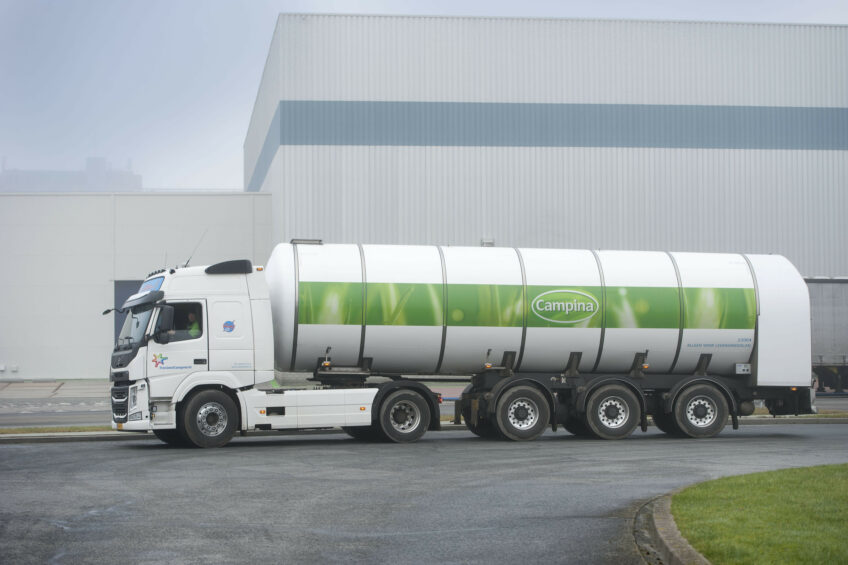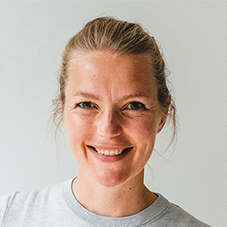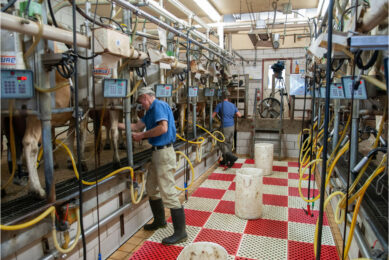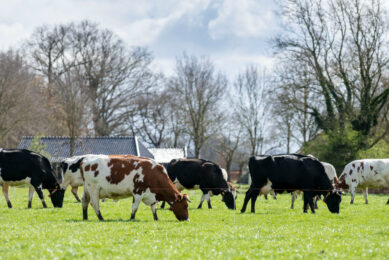FrieslandCampina: Higher revenues, but lower profit

Dutch dairy processer FrieslandCampina showed higher revenues, but lower profits over 2017. The milk price increased, which is good news for the member farms.
This is stated in the annual overview report over 2017.
FrieslandCampina CEO Hein Schumacher on 2017 results: “It was a challenging year with increase in revenues and lower profit. After 2 years of low milk prices, the milk price rose by 24% in 2017 compared to 2016, to € 40.01 per 100 kilos of milk. This is good news for member dairy farmers. The revenue of Royal FrieslandCampina N.V. increased by 10.1% to € 12.1 billion in 2017. Profit decreased by 37.3% to € 227 million. This was the result of a write-off of assets in China and Germany, and restructuring costs. In addition, volume and profit developments were under pressure, especially in Europe. This is in part due to the higher milk price and the increase in the costs of other raw materials and packaging costs.”
Growth in Asia and China
The company further saw positive volume trends in consumer products in Southeast Asia, China and Africa and growth sales in the sale of caseinates and ingredients for the pharmaceutical industry. In Asia, revenue in 2017 rose by 9% to € 2,529 million due to the acquisition of Engro Foods in Pakistan at the end of 2016. Total volume grew in Indonesia, Vietnam, Hong Kong and Thailand. Frisian Flag experienced strong growth with its condensed milk in Indonesia. In China, Friso Prestige grew significantly in volume due to the expansion of its distribution network to include additional cities and the increasing demand for more premium infant nutrition.

2017: Year of butter
The 2017 dairy year will be especially remembered as the year of butter. Butter is tasty and is once again ‘allowed’. The result, different from past years, is a shortage in milk fat and a surplus of milk protein. The market prices for cream and butter reached a record high in the third quarter, while the price for milk protein, in the form of skimmed milk powder, declined significantly. This caused a significant increase in the stocks of skimmed milk powder. This demonstrates the high volatility of the dairy market. Minor changes in conditions and sentiment can have a major impact on the supply and demand for dairy products, and consequently on prices.
More grazing and more digital
The annual report states that 2017 is the second year in a row that the number of member dairy farmers practising pasture grazing has increased. FrieslandCampina organised ‘grazing clinics’ for dairy farmers who were considering migrating to grazing. Participants were given advice from an experienced grazing coach, enabling them to make a smooth transition. In the meantime, 79.4% of Dutch member dairy farmers practise some form of grazing. Also noted by FrieslandCampina is the fact that its dairy farmer members are increasingly using digital tools.
Milk app
In the spring of 2017, FrieslandCampina introduced the milk app for member dairy farmers. This way they can readily access the most up-to-date milk supply and quality data. FrieslandCampina also participates in the Coöperatie Datahub (Cooperative Data Hub). This cooperative collaborates with companies, knowledge institutions and entrepreneurs in the agricultural sector on the development of innovative working methods designed to improve performance in the area of sustainability, profitability and well-being.
Join 13,000+ subscribers
Subscribe to our newsletter to stay updated about all the need-to-know content in the dairy sector, two times a week.










